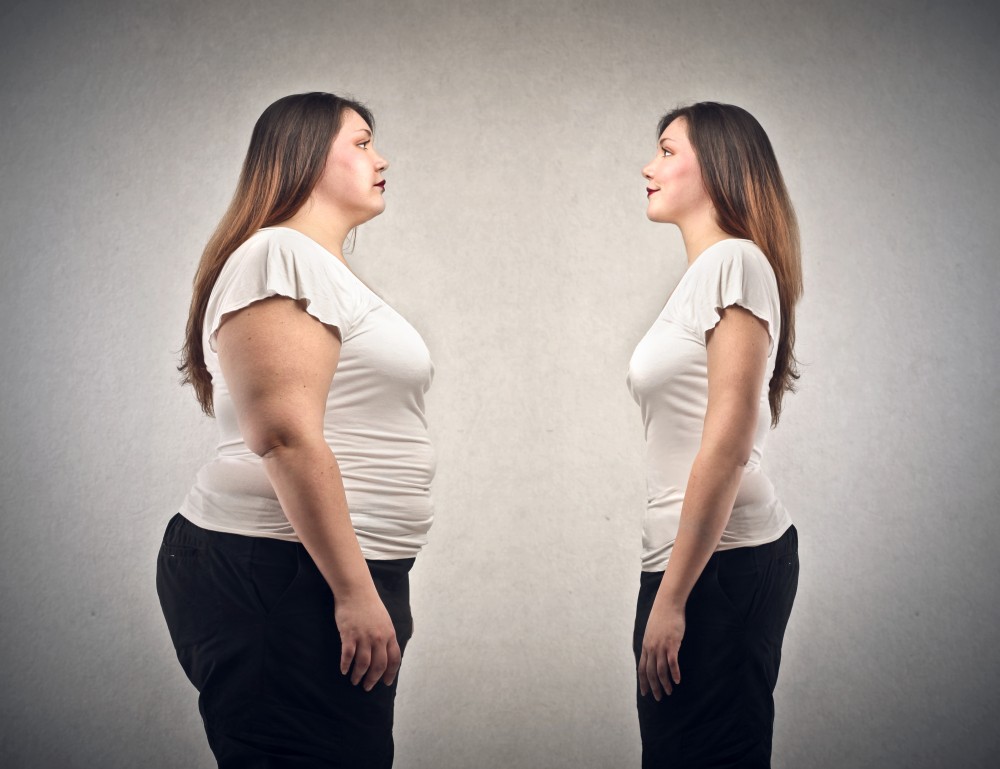I hear it all the time. “I want to lose weight” “I want to be skinny”. To be honest, most of these complaints I’ve heard come from women. There’s nothing wrong with wanting to be in shape, in fact, that’s a good thing. Still, there’s something more troubling beneath the surface. Are women and girls more focused on being “skinny” for the sake of an image, or are they more concerned about their health?
First, let’s take a look at the BMI (Body Mass Index) chart. This chart was invented in 1830 and was originally designed to show health on a massive scale (population) and not an individual. So using it on an individual was not it’s intended use. It’s supposed to indicate a person’s fat level, but does so by simply using weight and height, which isn’t science, but math.
On top of that, there are several factors that BMI doesn’t consider such as: muscle mass, age, bone density, race, sex, weight distribution, waist size, etc. The reason this is a problem is that this “test” can be used on your child at a young age or in their doctor’s office, which can be their first time they are told they have a weight problem, even though they may be perfectly healthy.
We know the perceptions of women in the media and how they are bombarded with weight loss on nearly every magazine. But, do we know how much the do media images differ from reality?
According to a 2010 study, the average woman in America is 5’4” and weighs between 140-150 pounds, wearing between a size 12-14 dress. Today, the typical model is 5’11”, weighs about 117 and wears a size 0. This makes them 90% taller and 78% thinner than the average American woman.
This is an area where we can give our children a strong sense of agency. We can limit the amount of fried foods they eat, as well as the number of “empty carbs” per meal. We can encourage physical exercise and activity and participate with them when we can.
If we can shift the conversation from an unrealistic image to being healthy, then we can help our children lead a healthy lifestyle. They will experience higher levels of confidence and will be more resistant to body image fads that come and go. They will be able to be and love themselves. They will be able to be happy in their own skin.
Does your child struggle with their body image? How did they reveal that to you? What did you do? Is there any advice you would give to parents who have children struggling with their body image?

